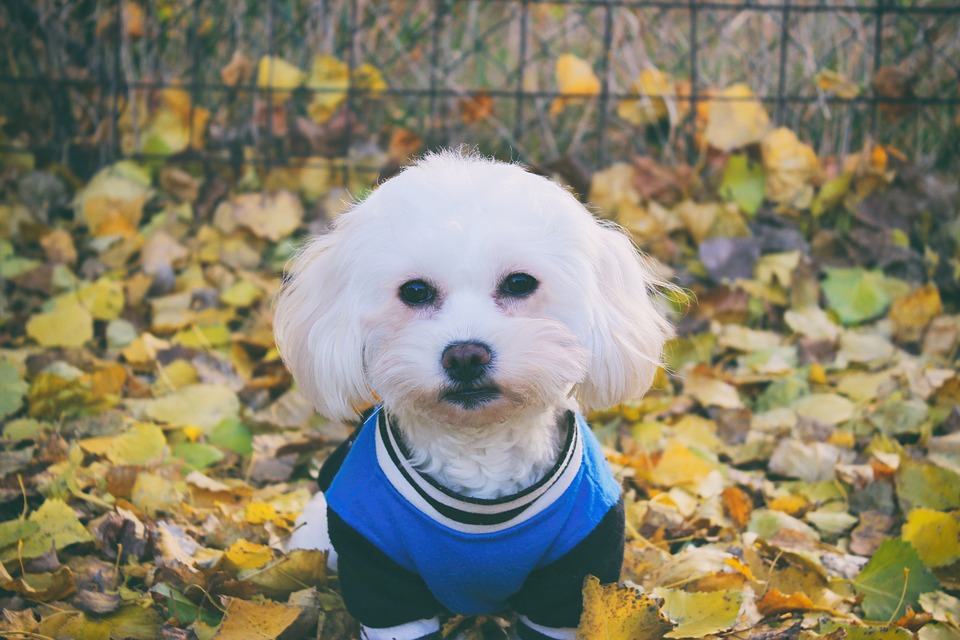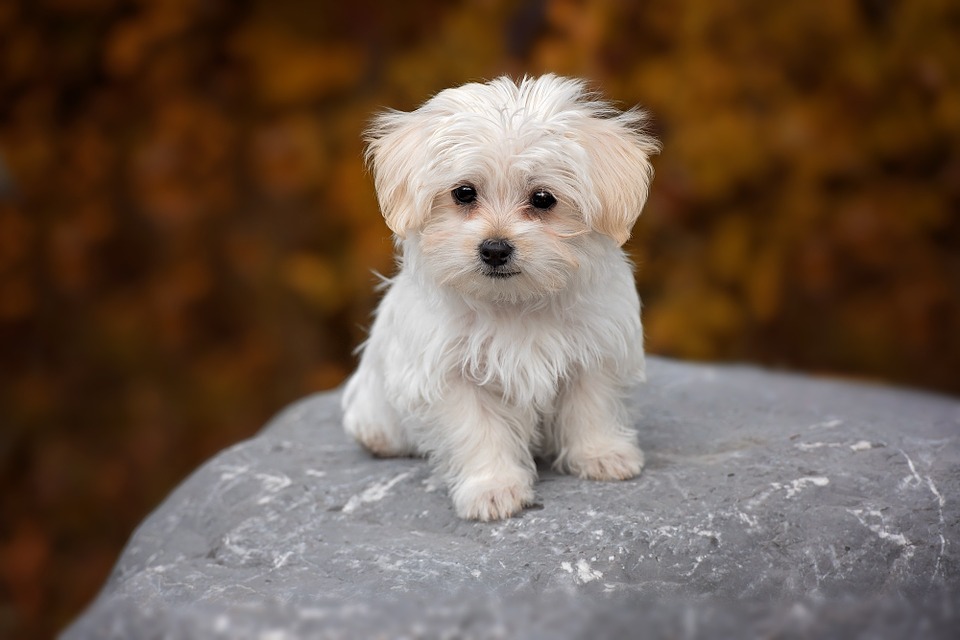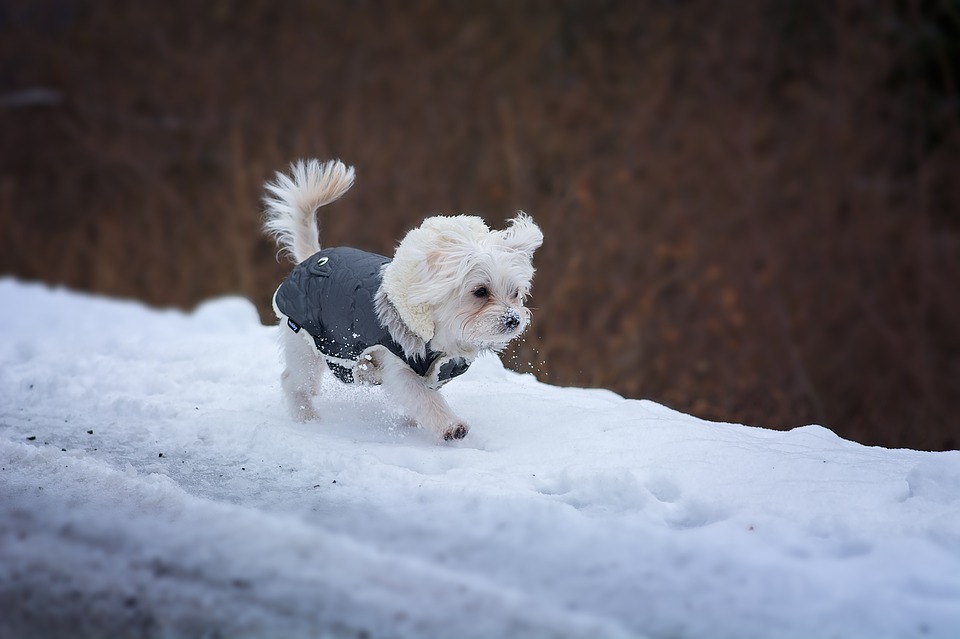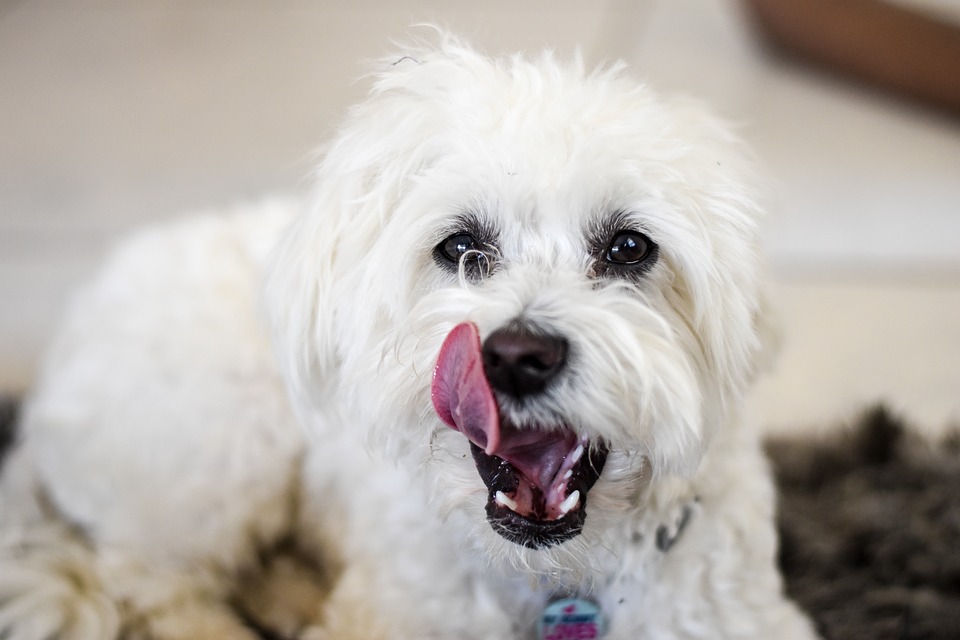
Maltese Bichon: Your New Pet
History of the Breed:
The Maltese Bichon, also known simply as the Maltese, is an ancient toy breed with a rich history dating back over 2,000 years. Originating from the Mediterranean island of Malta, these dogs were cherished by royalty and nobility for their elegant appearance and charming personality. They were often depicted in paintings and literature throughout history, symbolizing luxury and refinement.
Physical Characteristics:

Maltese Bichons are small dogs with a compact and graceful build. They typically weigh between 4 to 7 pounds and stand around 7 to 9 inches tall at the shoulder. Their most distinctive feature is their long, silky white coat, which hangs straight down and gives them a regal appearance. They have dark, expressive eyes and a black nose, with drop ears that frame their face.
Health and Basic Care:

Overall, Maltese Bichons are a relatively healthy breed with a lifespan of around 12 to 15 years. However, they may be prone to certain health issues such as dental problems, luxating patella, and eye conditions like progressive retinal atrophy (PRA). Regular veterinary check-ups, a balanced diet, dental care, exercise, and grooming are important for maintaining their health and well-being.
Temperament and Personality:

Maltese Bichons are known for their gentle, affectionate, and playful nature. They thrive on companionship and enjoy being close to their families. They are loyal and devoted pets, forming strong bonds with their owners. Despite their small size, they have a confident and outgoing personality, with a tendency to be friendly towards strangers and other animals.
Training and Socialization:
Maltese Bichons are intelligent and eager to please, making them relatively easy to train with positive reinforcement techniques such as treats, praise, and rewards. Early socialization with people, other animals, and different environments is important to help them develop into well-mannered and well-adjusted dogs. They may be sensitive to harsh training methods, so patience and consistency are key.
Nutrition:

A balanced diet tailored to their size, age, and activity level is essential for Maltese Bichons’ health and well-being. Feeding them high-quality dog food formulated for small breeds will provide them with the nutrients they need to thrive. Portion control is important to prevent obesity, which can lead to health issues, and fresh water should always be available.
Suitable Environment:
Maltese Bichons are well-suited to apartment living due to their small size and low exercise needs. They enjoy being indoors with their families and should not be left alone for long periods. They do well in households with older children and adults who can provide them with attention, affection, and gentle play.
Frequently Asked Questions:
Are Maltese Bichons good pets?
- Yes, Maltese Bichons make wonderful pets for families and individuals alike. They are affectionate, playful, and loyal companions that thrive on human interaction and love.
Are Maltese Bichons hypoallergenic?
- Yes, Maltese Bichons are considered hypoallergenic dogs because they have hair instead of fur and produce less dander. However, no dog breed is completely hypoallergenic, so individuals with allergies should spend time with a Maltese Bichon before bringing one into their home.
Do Maltese Bichons shed?
- Maltese Bichons are minimal shedders, but they require regular grooming to prevent their long, silky coat from matting and tangling. Daily brushing and occasional baths are recommended to keep their coat clean and healthy.
Are Maltese Bichons good with children?
- Maltese Bichons can be good with older, considerate children who know how to handle small dogs gently. However, they may be too delicate for rough play, so supervision is important to prevent accidental injury to the dog or child.
Do Maltese Bichons bark a lot?
- Maltese Bichons may bark occasionally to alert their owners to visitors or other stimuli, but excessive barking can be curbed with proper training and socialization. They are generally not known as excessive barkers.
Do Maltese Bichons need grooming?
- Yes, Maltese Bichons require regular grooming to maintain their long, silky coat and prevent mats and tangles. Daily brushing and occasional baths are necessary to keep their coat clean and healthy. Professional grooming may also be required every few weeks to trim their hair and keep them looking their best.
